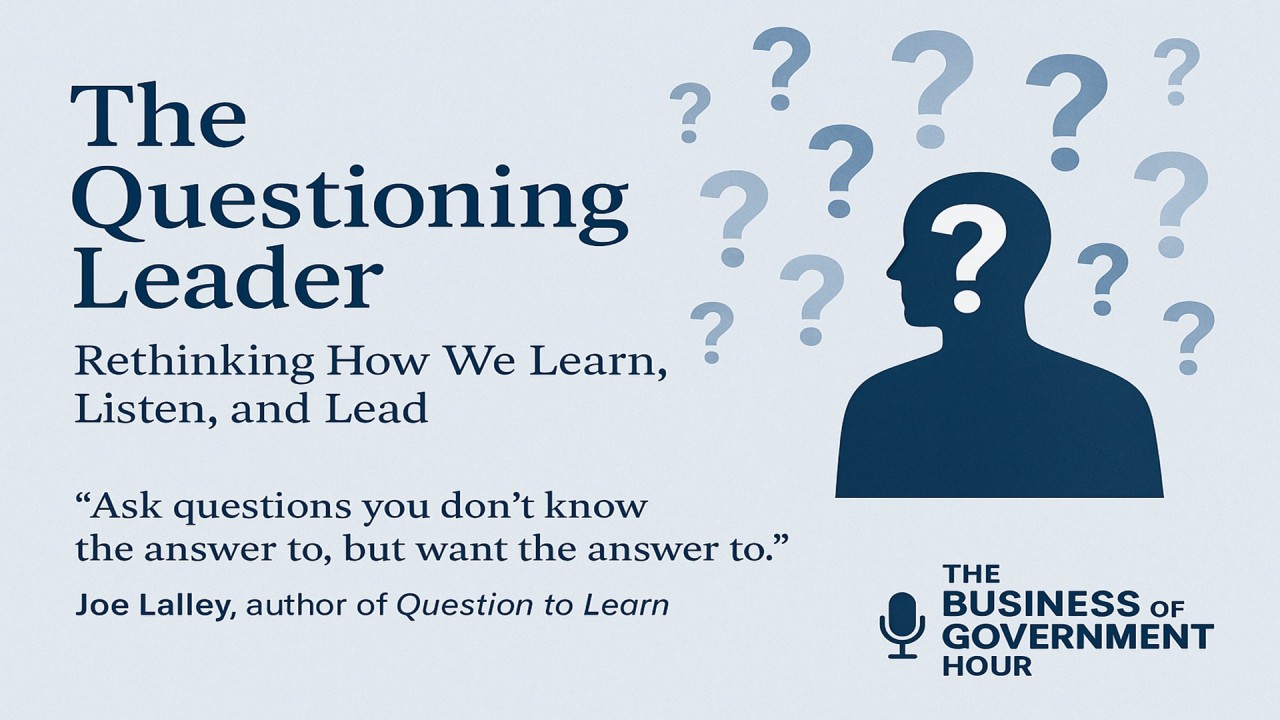Apr19

How common is this scenario: you ask someone how they’re doing, and they respond, “busy.” And many of us are busy because we overwork and log more time at the office (wherever that is) than we should.
But in an era where we are finally recognising output (results, achievements) as more valuable than input (hours worked), why are we still overworking?
There is significant data and increasing awareness about employee engagement and job satisfaction—we know that overworking and burnout are not good. Despite this, employees are reporting some of the highest levels of burnout on record, with Australia and the US leading the charge.
Let’s look at why this all matters and what we can do about it.
The data is clear: employees feel more engaged in their work when they are encouraged, mentored, and offered flexibility. When workplaces encourage work-life balance, employees can dedicate their time to increase the output in the organisation and work to meet the goals, objectives, and vision of the company.
But this utopia of employee engagement cannot be reached if we continue to overwork.
It’s hard to put an exact number on the situation—ABS data shows that Australians may have worked less hours during the pandemic. But when looking globally, and particularly in certain industries like healthcare, there are record-high levels of stress and burnout.
Other data shows that people tended to work more because of the pandemic, with a 2.5-hour increase in the average workday in countries surveyed. And though the pandemic has exacerbated the problem, overwork has been a longstanding problem, as explored in this article regarding a WHO study.
All of this wouldn’t matter if overworking was benign. But it’s not. There are many negative impacts, perhaps most provocatively documented in this BBC article that claims “overwork is literally killing us.” The article documents symptoms of overwork that are detrimental to health, such as elevated blood pressure and cholesterol, and unhealthy behavioural changes (i.e., little exercise, drinking).
With such negative impacts of overwork, rest becomes particularly important. Rest is necessary for physical health and your professional wellbeing. Here are the reasons why rest needs to be prioritised:
To fully understand why we need to stop overworking, let’s look at the cons. Here are the worst consequences of overwork:
Employees need to communicate their feelings and concerns about burnout, fatigue, and dissatisfaction to employers or managers, who should then work to provide solutions. Here are some ways they can reduce overwork:
Employees need to assess why they are overworking:
Whatever strategies are chosen or reasons for overworking, managing it needs to be a priority—overwork is a serious issue. With all the knowledge we have, it’s more important than ever to stop overworking and prioritise health and wellbeing. It matters for employee engagement and it matters for our health; it’s too important to ignore any longer.
Keywords: Customer Experience, Future of Work, Mental Health
 Who Are You Under Pressure - And Is That the Real You?
Who Are You Under Pressure - And Is That the Real You? LinkedIn Voice for Sales
LinkedIn Voice for Sales Succession Planning is Hard because it’s Identity, Structure, and Systems All at Once
Succession Planning is Hard because it’s Identity, Structure, and Systems All at Once The Corix Partners Friday Reading List - February 13, 2026
The Corix Partners Friday Reading List - February 13, 2026 The Questioning Leader: Rethinking How We Learn, Listen, and Lead
The Questioning Leader: Rethinking How We Learn, Listen, and Lead